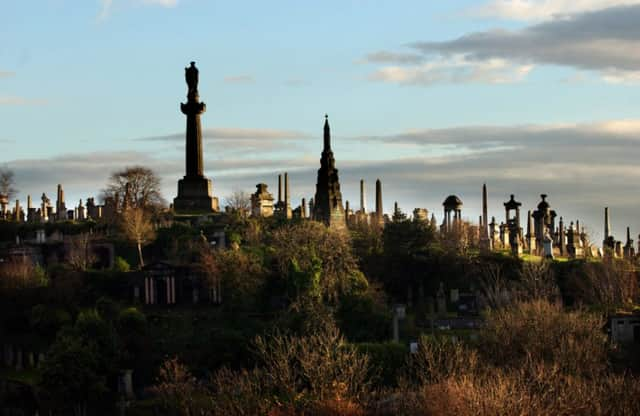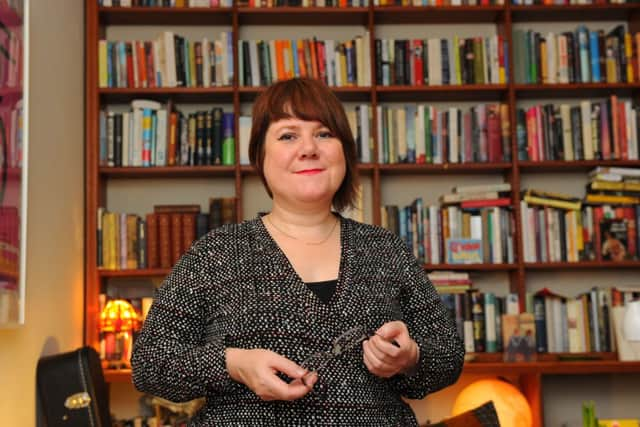Glasgow to recognise slave trade links


The council said it will make a decision after the Commonwealth Games on how best to acknowledge the role Glasgow played in the eighteenth century North Atlantic slave trade.
The darker side of the city’s history will be represented in museums, libraries and archives around the city.
Advertisement
Hide AdGlasgow’s wealthy tobacco lords built a booming economy on the back of the slave trade from around 1740.


And by the mid-eighteenth century, the city imported the majority of Britain’s tobacco and sugar supplies.
British ships would trade goods for slaves in Africa before transporting them to America and the West Indies to work on plantations.
Glasgow City Council’s recent move comes as the Games have brought Scotland’s connection to the slave trade back into the limelight.
The council said its libraries and museums had been exploring the issue for over a decade - but that “global conversations” during the Commonwealth Games had brought the issue to the forefront.
Writer Louise Welsh set up the Empire Cafe in the Briggait in Glasgow’s Merchant City to explore the city’s links with the slave trade during the Commonwealth Games.
Advertisement
Hide AdThe cafe hosted debates, films, artworks and discussions over seven days during the Games - each of them looking at a different aspect of the city’s darker past.
Welsh said: “The Empire Cafe has shown that many people in Glasgow believe we should not erase difficult aspects of our history.
Advertisement
Hide Ad“A discussion about our country’s connections with transatlantic slaving inevitably leads to discussions about class, capitalism and modern day exploitation.
“Museums and galleries could and should help to inform and facilitate this conversation.”
Architect Jude Barber, co-founder of the Empire Cafe project, said: “Audience members at The Empire Cafe raised rich and textured ideas and questions about how Scotland might represent this challenging part of history.
“It is therefore encouraging and welcoming to hear that Glasgow City Council is making a commitment to engage with a number of agencies and groups.
“This conversation should also take place nationally to encompass Scotland’s other major cities and rural areas.”
Councillor Archie Graham, chair of Glasgow Life, said: “We will take stock of all of these issues after the Games, consult with interested communities and stakeholders, and take a strategic approach to how the city’s museums, libraries and archives represent this element of our past.
“We all feel proper pride in our city’s positive contributions to world history, but we must also reflect on and be honest about the darker aspects of our past.”